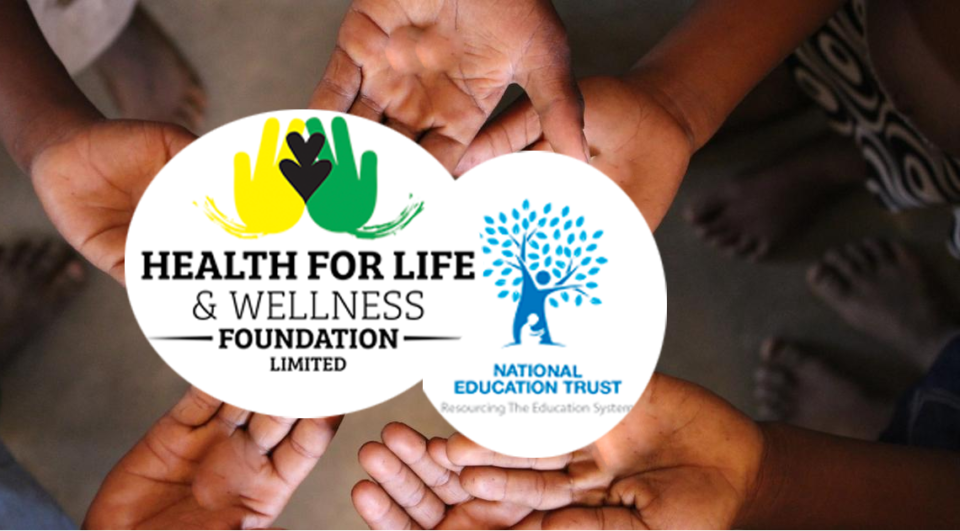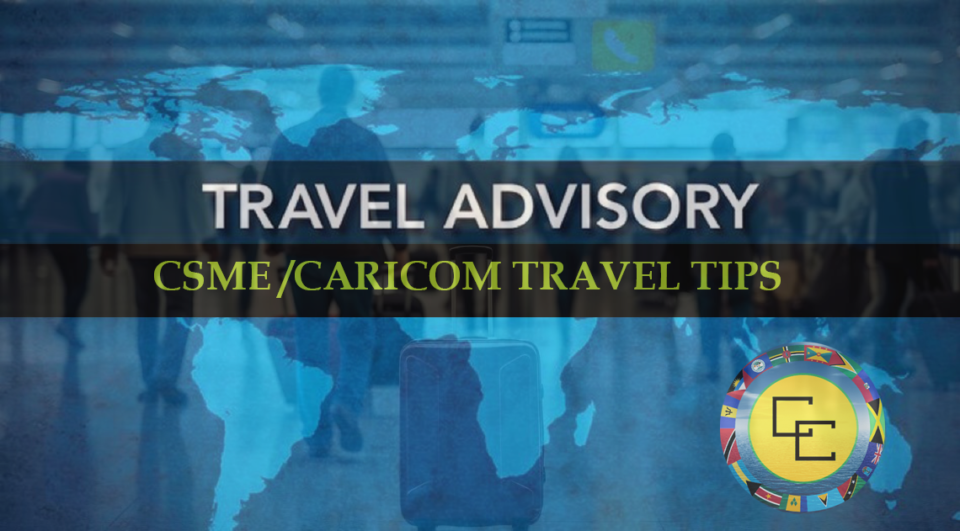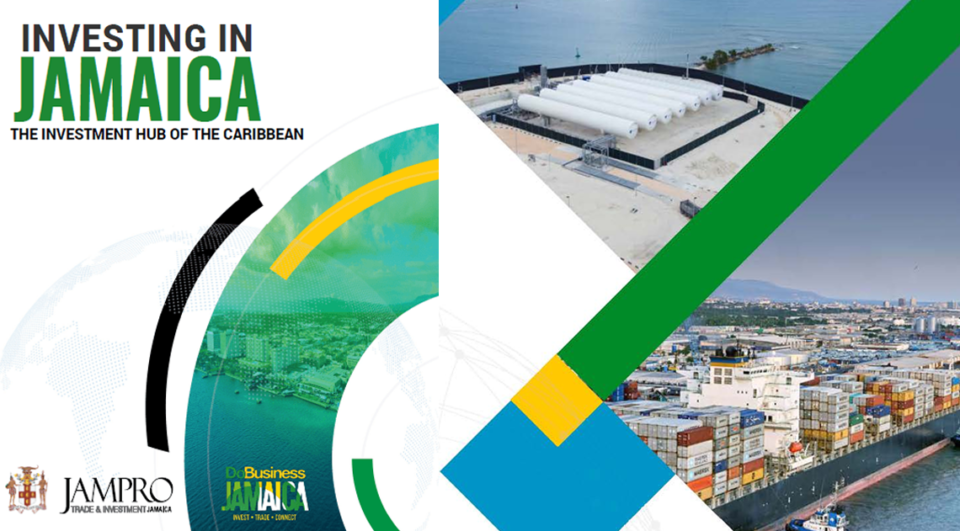[et_pb_section bb_built=”1″][et_pb_row][et_pb_column type=”4_4″][et_pb_text]
“Building resilience must be of highest priority for the Caribbean Community,” underscored by Senator the Honourable Kamina Johnson Smith, Minister of Foreign Affairs and Foreign Trade during the launch of the Caribbean Climate-Smart Accelerator on Thursday, August 9, at the Assembly Hall of the Mona Campus of the University of the West Indies (UWI).
Envisioned as a mechanism to fast track the implementation and adaptation of new and existing high-impact investment projects geared simultaneously at supporting climate action and economic growth, Minister Johnson Smith noted that the Accelerator is the first of twelve commitments emanating from the One Planet Summit held in Paris in December 2017.
The Foreign Minister said that the accelerator represented the region’s determination to become the “first climate smart zone” and explained, that the Accelerator programme should also benefit from gains made from last June’s Caribbean Action 2030: Regional Conference on Sustainable Development Goals (SDGs) at the Mona campus. “We created an important regional space to collectively monitor and evaluate the implementation of the SDGs and I’m confident that the results of that Conference will complement the initiative being launched today.”
Making the point that it is important to look beyond the statistical impact on infrastructure and GDP, Minister Johnson said that, “the impact on lives and livelihoods dictate loudly why we must build and build back better and stronger.” The Minister acknowledged the need for a collective approach, and welcomed the fact that with its inclusion of the public and private sectors, financial institutions and civil society, the Caribbean Climate Smart Accelerator represents such an approach.
She also illustrated the correlation between the Caribbean’s climate vulnerabilities and industry. “As inhabitants of the second most disaster-affected region in the world, our dependence on key economic and climate sensitive sectors such as tourism, agriculture and fisheries, brings our vulnerability into sharp focus.”
[/et_pb_text][/et_pb_column][/et_pb_row][/et_pb_section]





